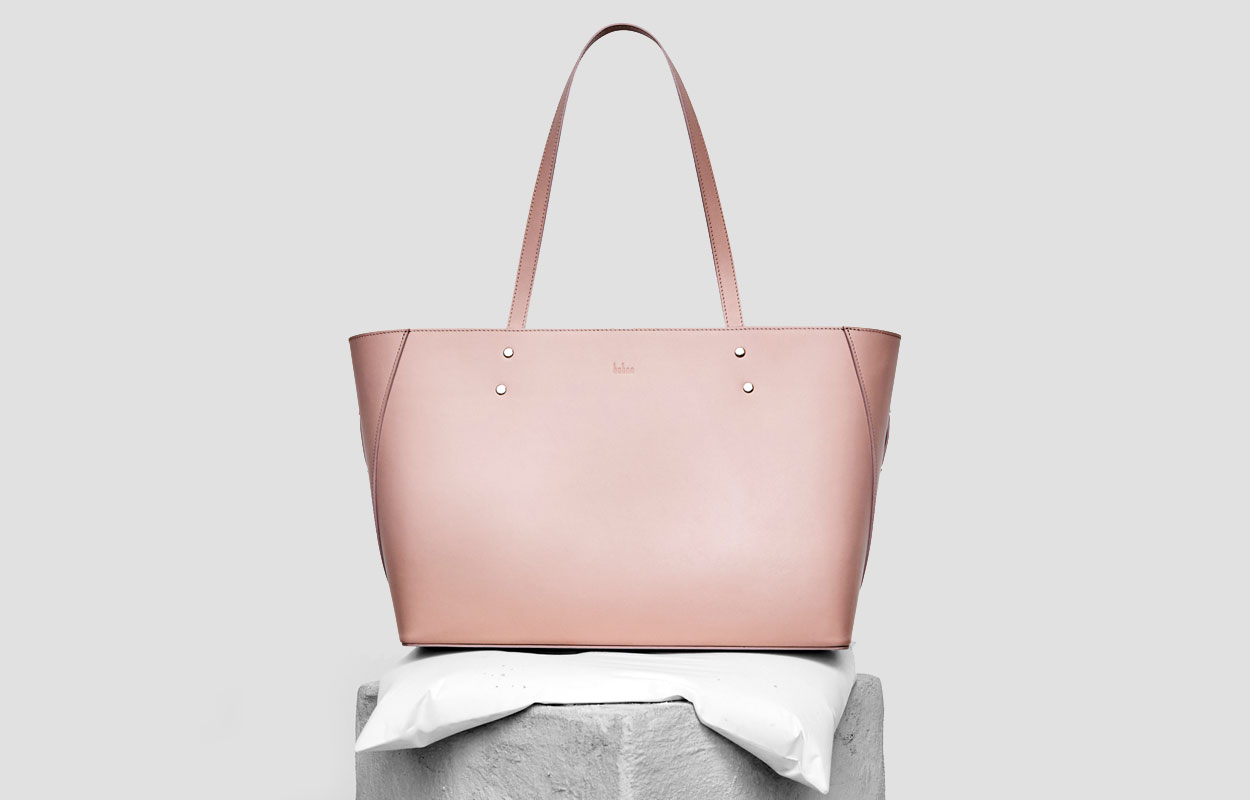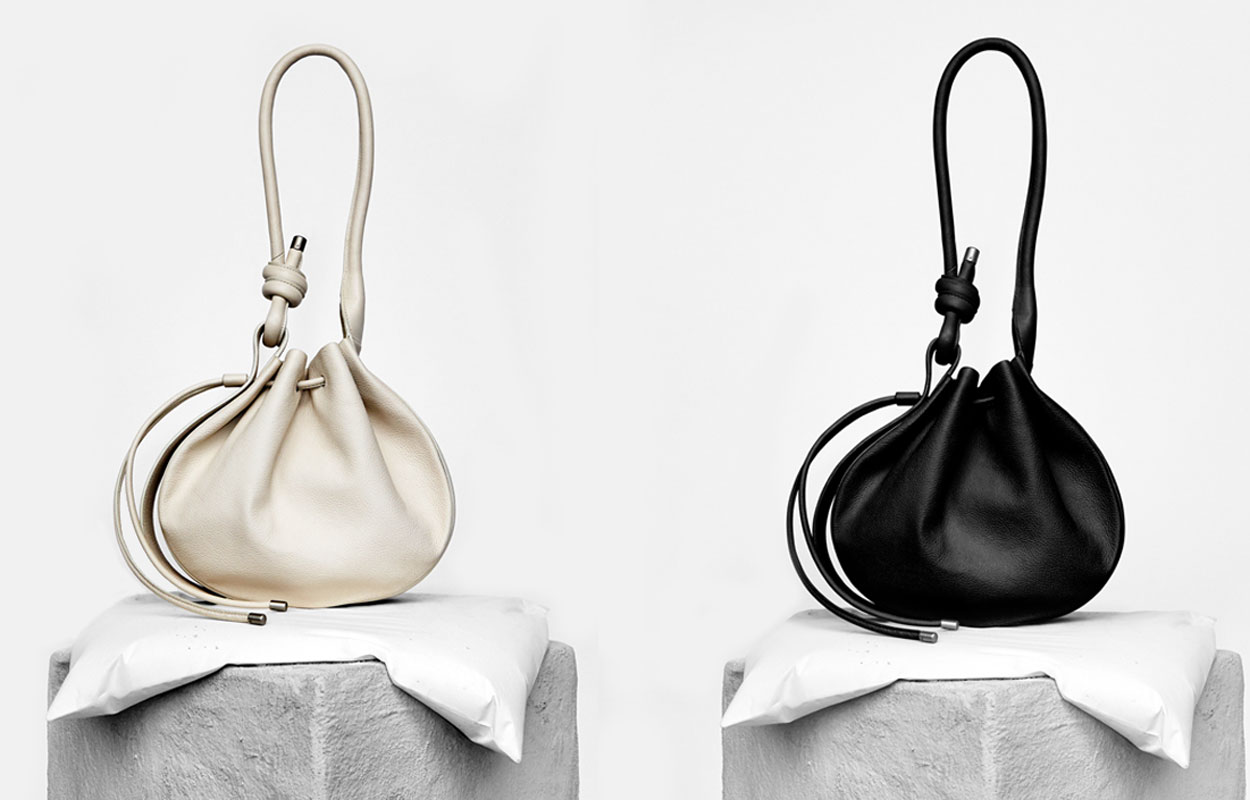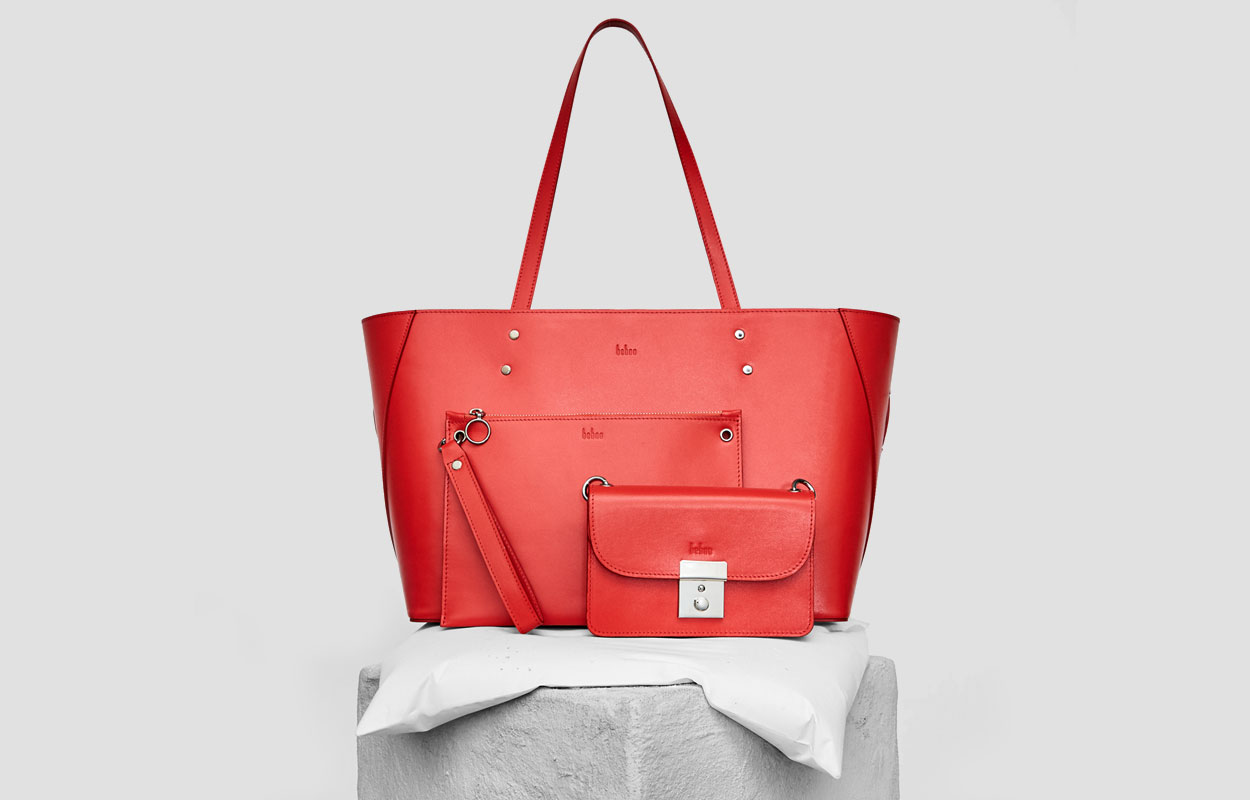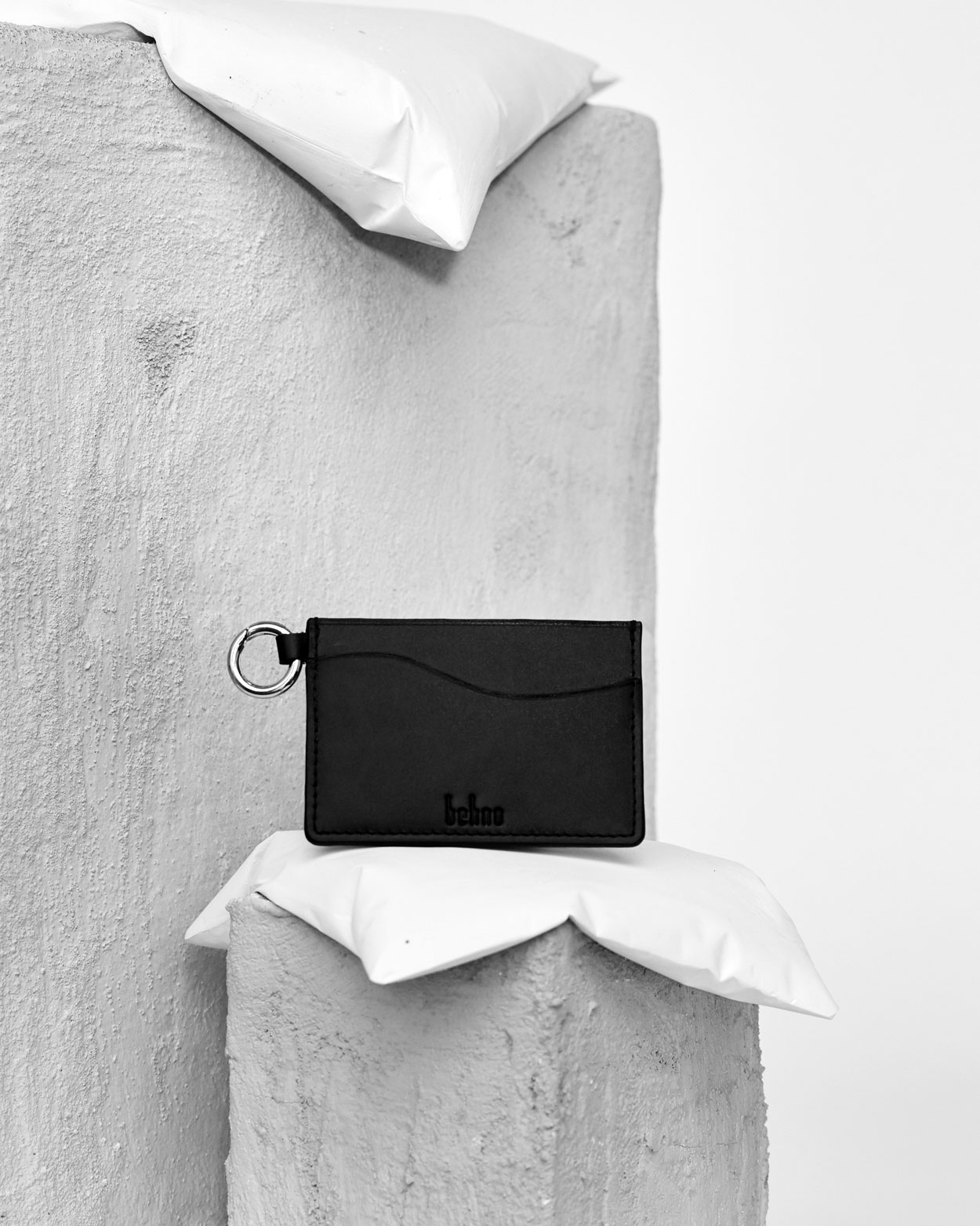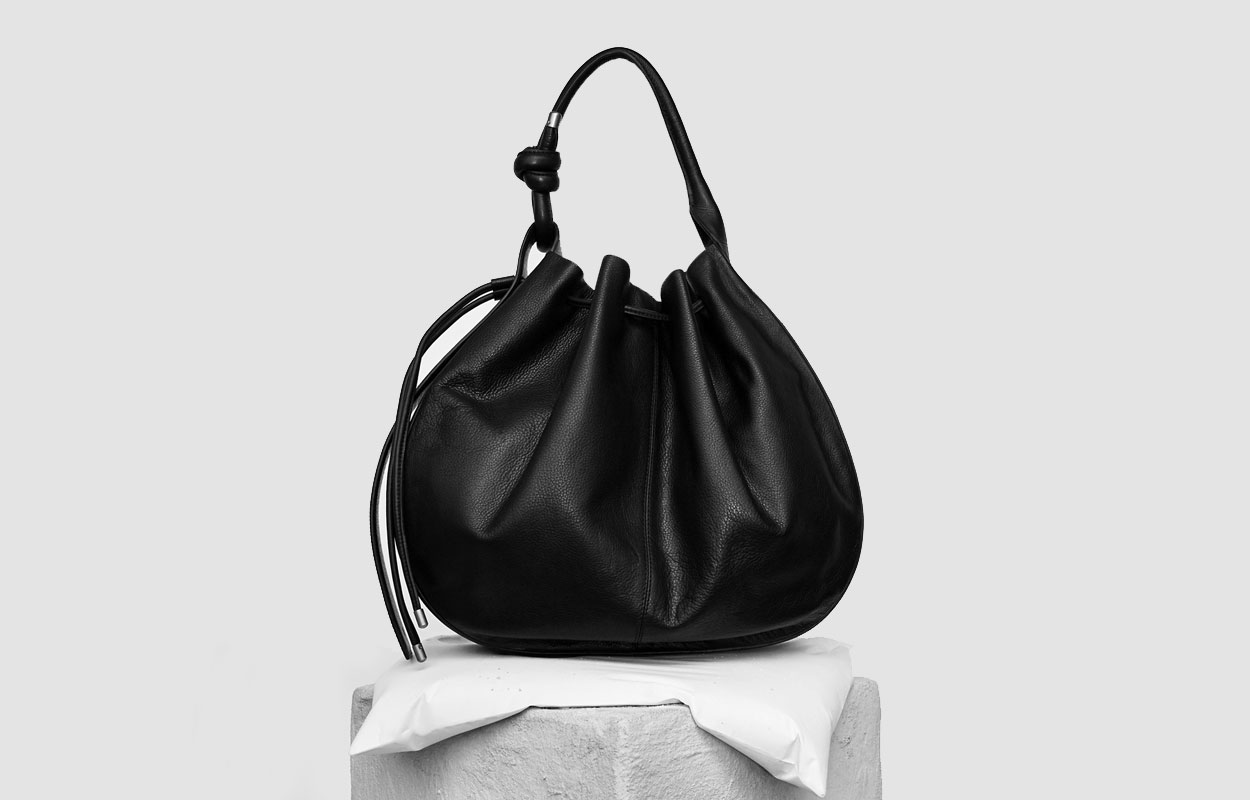New York–based clothing and handbag label behno was born from a desire to improve the way the fashion industry approaches manufacturing. Shivam Punjya, its founder and creative director, established the company to champion both top-tier craftsmanship and India’s garment workers—the majority of whom are women and can make less than a dollar a day. To that end, the brand laid out its philosophy in “The behno Standard,” a set of six operating tenets dedicated to advancing the livelihood of its artisans. At its factories, each female colleague is addressed by the surname behn (“sister” in Hindi), symbolizing the sisterhood of empowered employees the brand strives to create. behno’s aesthetic, driven by chief designer Ashley Austin, is one of pared-down elegance: Strong silhouettes, elegant lines, and purist forms highlight each carefully made object. From slick handbags to standout separates, each piece is at once beautiful and timeless. Surface talked to Punjya about the origins of his fashion brand, and how his desire to transform the industry is manifested through design.
behno is a member of The List, the destination for all things Surface-approved. Want to join The List? Contact our team to find out how to apply.
How did behno come about?
I founded behno in 2014 to marry manufacturing ethics and luxury design. It emerged from my academic experiences—after studying political economics and global poverty and working for an education advocacy nonprofit based in India, I became intrigued by global health and social entrepreneurship. While doing thesis research [on women’s health in India] for my master’s program, I learned about textile workers, their families, and the disparity that existed between what they were producing and what they were earning. I also gained insight into the global perception of the “Made in India” label, which has been either negatively received or quickly dismissed. This, coupled with the 2013 collapse of Rana Plaza in Bangladesh [which killed more than 1,100 garment factory employees], shook up my world. I was compelled to challenge the common perception of ethical fashion from different markets by starting a company that employs an ethical manufacturing ideology while ensuring the front-end label, behno, maintains a strong design sensibility.
